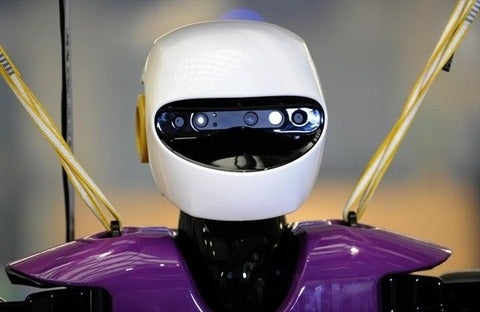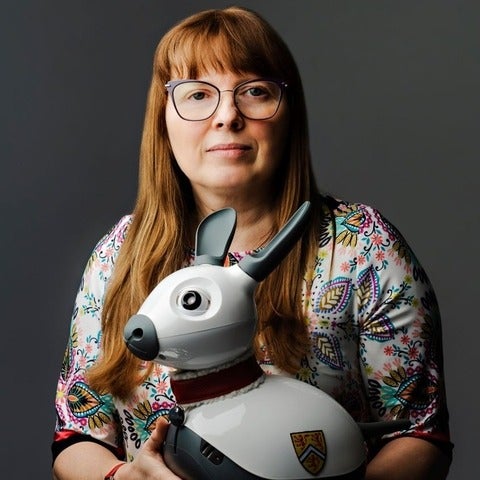Waterloo Engineering has the largest and most active robotics and automation research group in Canada, supporting Canada's largest robotics and automation cluster (via WaterlooEDC).
With over 45 faculty members solving problems in advanced robotics, autonomous systems, human-robot interaction, and related fields, Waterloo is where the future of robotics is being developed.
Our mission is to make significant advancements in robotics, from fundamental research through design and development to commercial applications including robots that build cars, explore space, deliver coffee, defuse land mines, or perform surgery.
For more details, check out the Robotics @ Waterloo page.
What's the RoboHub?
The Waterloo RoboHub is the home of robotics at the University of Waterloo, bringing together all of the related technical, educational, research, and other services and experience into one central group.
Visit the About the RoboHub section of the website for more details on our team, fleet, facilities, and research themes.
News
RoboHub Manager interviewed about whether Robots should Look Like Humans
RoboHub Manager Brandon DeHart was recently interviewed by Canadian Affairs journalist Alexandra Keeler about whether or not robots should look like humans.
RoboHub Member News: Prof. George Shaker is an IEEE Sensors Council Distinguished Lecturer
Prof. George Shaker, a RoboHub Research Team member, is an IEEE Sensors Council Distinguished Lecturer for the 2025-2027 program.
RoboHub Member News: Prof. Kerstin Dautenhahn awarded $1.4 million
Prof. Kerstin Dautenhahn, a member of the RoboHub Research Team, has been awarded $1.4 million as the new Tier 1 NSERC Canadian Research Chair in Socially Intelligent Robotics.
Events
Waterloo RoboHub Spring Symposium (2026)
Join Us for the next Waterloo RoboHub Symposium!
Join us on campus on April 17th for our next symposium: an interdisciplinary event where thought leaders from across the private and public sectors will come together to discuss and learn about both current and future applications of human-centric robotics and related technologies, including the current attention surrounding humanoid robots.
The day will include talks and panels from experts in diverse fields with critical insights into human-centric robotics, as well as exhibitors and lightning talks from across our community.










